
Why does anyone want to watch other people watching television? The whole concept is astounding.
Gogglebox's contributors, prone on their seats, pass judgment on the week's news and entertainment programs. But the reality TV show has built an audience of two million viewers. Although the featured families are not told what to think, their reactions are not entirely unstructured. The participants are told what to watch and kept free of interruptions.
I guess their children can't come running into the room and the dog is shoved outside.
Along with barbed comments about what they are watching and a few chuckles, the show gives a glimpse into family life and the way we live now. Apparently the average family watches about 21 hours of TV a week.
A similar ITV show in the 80s was revelatory in showing how little TV people actually watched, with viewers wandering in and out of rooms. I didn't see that one either. In the 80s, life's problems kept me fully occupied.
Anyway, I don't watch reality shows. I'm not interested in peering into other people's lives. But I must be amongst the minority. Do you enjoy being distracted this way?
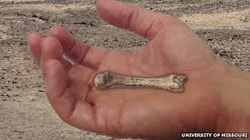
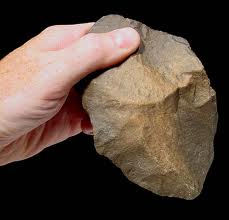
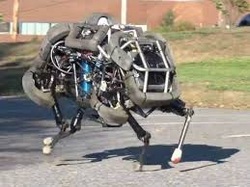





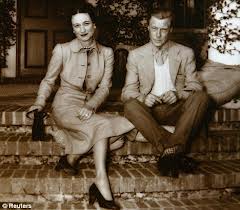
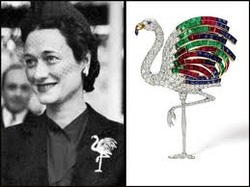
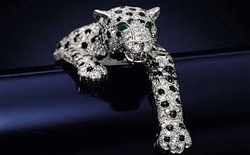




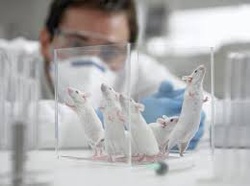


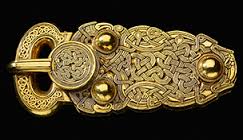
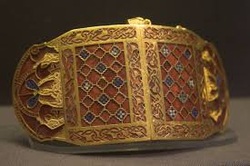

 RSS Feed
RSS Feed






